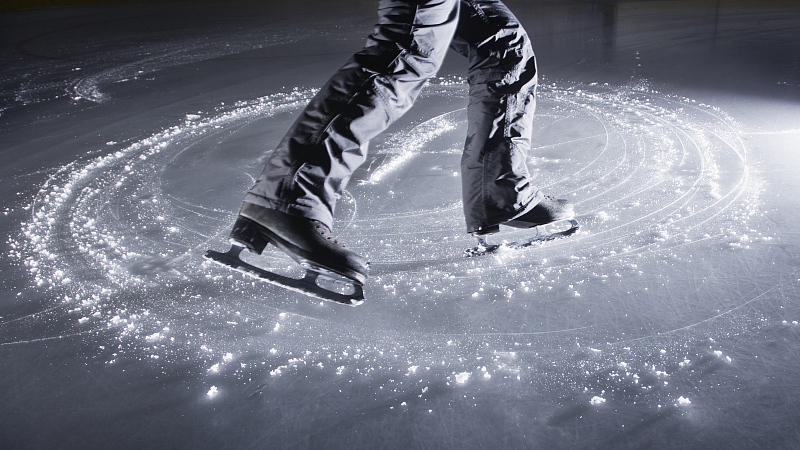

A former competitive figure skater filed a lawsuit Friday against once-heralded Olympic coach Richard Callaghan, saying he was sexually abused after U.S. Figure Skating dismissed sexual misconduct complaints against him.
Callaghan is best known as the long-time coach of 1998 Winter Olympic women's champion Tara Lipinski and 1996 world champion Todd Eldredge, a six-time U.S. champion and three-time Olympian.
Adam Schmidt, 34, filed a lawsuit in San Diego Superior Court against U.S. Figure Skating, Callaghan and Onyx Ice Arena claiming he suffered "numerous sexual assaults" by Callaghan as a teen in Michigan from about 1999 to 2001 and once at a 2001 competition in California after leaving Callaghan, now 73.
Schmidt told ABC News he only became aware that Callaghan, in 1999, was accused of sexual abuse when claims by Craig Maurizi, another former skater turned Olympic coach, received greater attention last year in the wake of the Larry Nassar sex abuse gymnastics scandal.
Maurizi accused Callaghan of sexually abusing him from about 1977 to 1986 in a grievance filed with the federation in 1999 that included statements from others who had allegedly been abused or witnessed sexual misconduct by Callaghan, who denied the claims.
U.S. Skating dismissed the grievance, saying bylaws stipulated alleged misconduct must be reported within 60 days, and Callaghan was allowed to continue coaching.
Schmidt said that decision allowed Callaghan's alleged abuse to "continue unabated" to cause his victims major psychological injuries.
"How did this happen? Why 20 years ago did everyone know and do nothing?" Schmidt said. "Because if they would have done something then… I never would have been abused."
Callaghan lawyer denies claims
The complaint says U.S. Figure Skating, "knowing full well of the allegations of sexual misconduct, failed to investigate, failed to warn (Schmidt) of these prior bad acts, and did nothing to inhibit (Callaghan's) access to minor children under his tutelage or those who were present at the events he attended.
"Despite this litany of sexual abuse and misconduct complaints made against (Callaghan, he) remained in good standing with (U.S. Figure Skating) until 2018."
Maurizi refiled his grievance against Callaghan with the U.S. Center for SafeSport, which has been investigating the matter for 18 months.
Dean Groulx, an attorney representing Callaghan, dismissed the claims by Schmidt in a statement to ABC.
"Mr. Schmidt's allegations are 100 percent false," he said. "There is no truth to them."
The complaint rips U.S. Figure Skating's dismissal of the original Maurizi complaint, saying the system in place then "made it nearly impossible for sexual abuse claimants to bring effective complaints forward against perpetrators."
A U.S. Figure Skating statement to ABC said that, "Maurizi's case prompted U.S. Figure Skating to examine its rules and procedures in the area of Athlete Safety" and said the organization "has acted promptly on every incident reported to it of suspected sexual abuse or misconduct since the new policy was enacted in May 2000."
"U.S. Figure Skating has no record of receiving a report regarding the allegations brought forth to you by Mr. Schmidt. No allegations against Mr. Callaghan were reported prior to 1999. U.S. Figure Skating records reflect that Mr. Maurizi remains the only person to have reported allegations against Richard Callaghan to U.S. Figure Skating."
Alleged abuse in office
The complaint also alleges Onyx Ice Arena in Rochester, Michigan – where Schmidt says most of the alleged abuse occurred – "permitted (Callaghan), whom it had known had been accused of sexual abuse, to continue to work with children."
Schmidt said the alleged abuse began at Detroit Skating Club and escalated at Onyx Ice Arena, inappropriate touching starting on the ice and continuing in Callaghan's office.
"The visits to his office after my lessons on the ice started to become a lot more frequent," Schmidt said. "And then they started to become a lot more graphic."

Copyright © 2018 CGTN. Beijing ICP prepared NO.16065310-3
Copyright © 2018 CGTN. Beijing ICP prepared NO.16065310-3